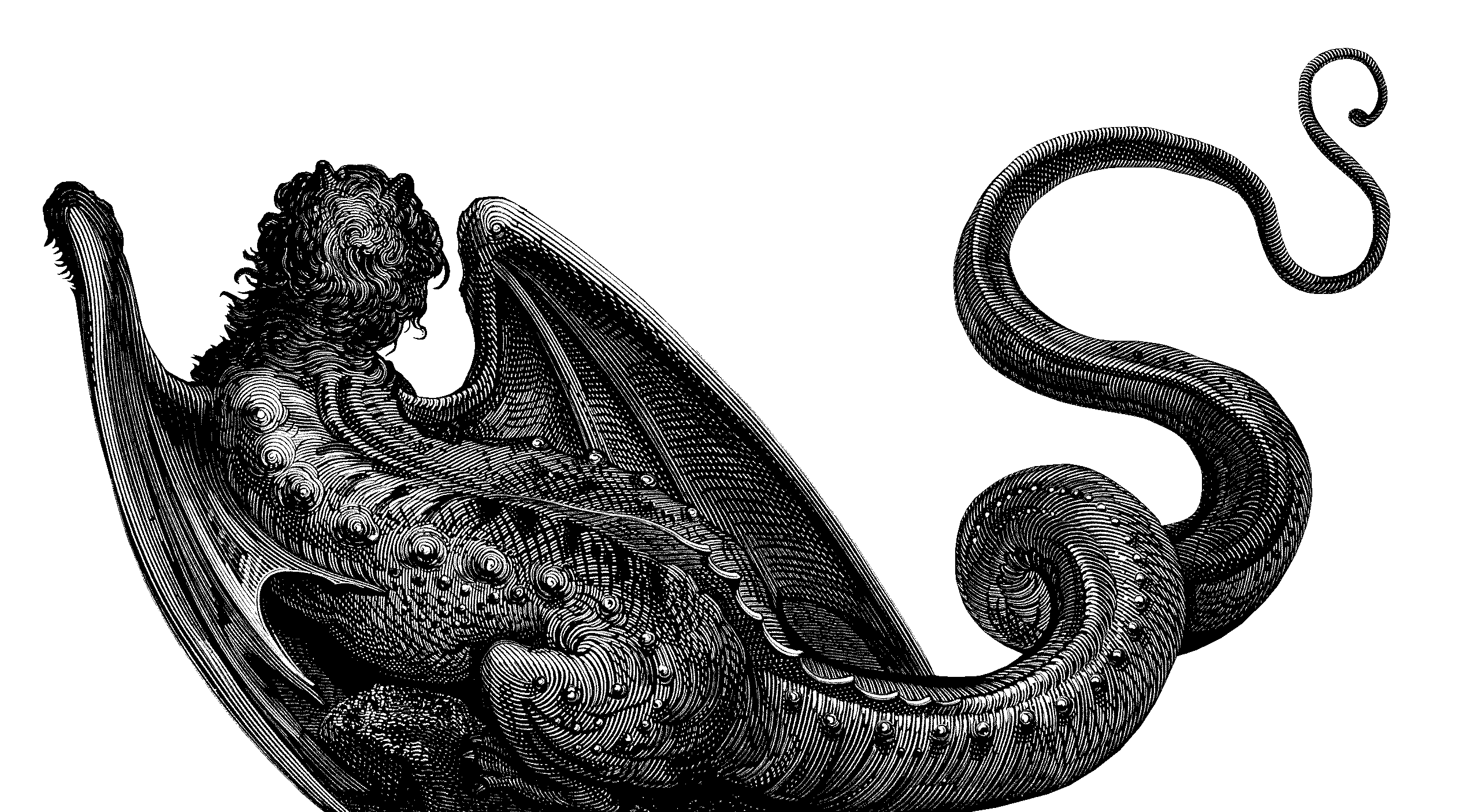
It took 23 years for game developers to learn what made Silent Hill 2 so good.
131024
But they finally did it, and the proof can be found in Wrong Organ’s Mouthwashing. Here’s a game that scratches the same narrative, atmospheric and thematic itch, and it didn’t need any damn fog to do it. How?
This post contains vague and specific spoilers for both games. I strongly recommend experiencing them prior to reading this. I will also discuss topics like homicide, mental illness, and sexual assault.
Narrative
Not the plot, but the progression of events in the plot. Both games lure the player into their later madness by beginning relatively simply, if not for the shroud of mystery hanging over the protagonist and the setting. The feeling that the main character isn’t being honest with us the player and himself is a core element of the protagonist-audience relationship that is intentionally left to ferment throughout the playthrough. We try to gleam helpful information through dialogue, but the curtain is never fully pulled back until the finale. Both Silent Hill 2 and Mouthwashing’s writing is well-done because it realistically evolves the relationships between the story’s characters. What makes the games’ writing engaging is that the player is included in this dynamic relationship matrix. We learn more about each character, and our opinions of them change because of it. The writing changes to acknowledge this: we are afforded a more honest look at the protagonist, or we are pulled deeper into a symbolic hellscape, or fragments of the real world break into an untrustworthy POV.
Atmosphere
By which I mean the atmosphere between the characters. A game can be set anywhere, but will have a certain atmosphere if the people in that setting are delusional, broken, guilt-ridden, and selfish; if their relationship with each other is strained and their dialogue terse and pessimistic or passive-aggressive. If you as the writer have already tricked the audience into caring for your characters, and you build them into a scene where rising tensions might give way to violence at any moment, it doesn’t matter if those characters are gathered in a sunny field of pink and yellow flowers. This is the kind of atmosphere that Silent Hill 2 and Mouthwashing share; their settings could hardly be more different (although there are some notable similarities), yet the player is thrown into the same uneasy mindspace anytime characters interact with each other, or get lost in the reaches of their own mind.
Themes
What the game is about after you strip away the plot. It's not enough to simply say that both games deal with heavy or dark themes. In Mouthwashing, after the player's opinion of the protagonist, Jimmy, inevitably begins to sour, the game throws a really understated curveball at you: through the eyes of the ship’s captain, Curly, you begin to piece together that Jimmy sexually assaulted the nurse Anya. Upon realizing what happened, Curly immediately seeks out Jimmy and offers him the reassurance that they will get through this situation together. The game shows you outright: there is no character here you can have complete faith in; no one to rally behind. The best you can get is a deeply flawed person chased by their own demons, and the worst you can get is a selfish, delusional murderer. This is where I would generally launch into how James Sunderland compares, however, the themes of Silent Hill 2 have been tread and retread so many times, and I do not wish to add onto the pile. If you are somehow still not familiar with the story of the game, there are a lot of people out there who have already explained it better than I can. I will say, however, that I don’t think it’s a coincidence that both games damage the player’s view of the protagonists through the depiction of those characters’ relationships with the women in their lives. At the very least, it’s an interesting correlation to consider.
Conclusion
For the purposes of posterity, it’s worth mentioning that Mouthwashing has released at an interesting time. The remake of Silent Hill 2 came out just 12 days after. Granted, both are classified as “horror” games and it is now October, but consider that 23 Octobers have passed since Silent Hill 2’s initial release. It’s not a conspiracy, it’s just interesting. I mention this because there’s a recurring line of criticism following Mouthwashing: it’s too “pretentious.” One thing that I hope will become clear in subsequent posts on this blog is that I’m highly skeptical of arguments that might mask underlying bigotry or anti-intellectual sentiments. Hiding what you really think behind this not-quite-a-dogwhistle is a coward’s game. More to the point, it’s highly ironic to watch Mouthwashing endure comments like this while Silent Hill 2 enjoys renewed praise in the wake of the remake’s release. I hope I have drawn more than enough comparisons between the games by this point for you to understand why.